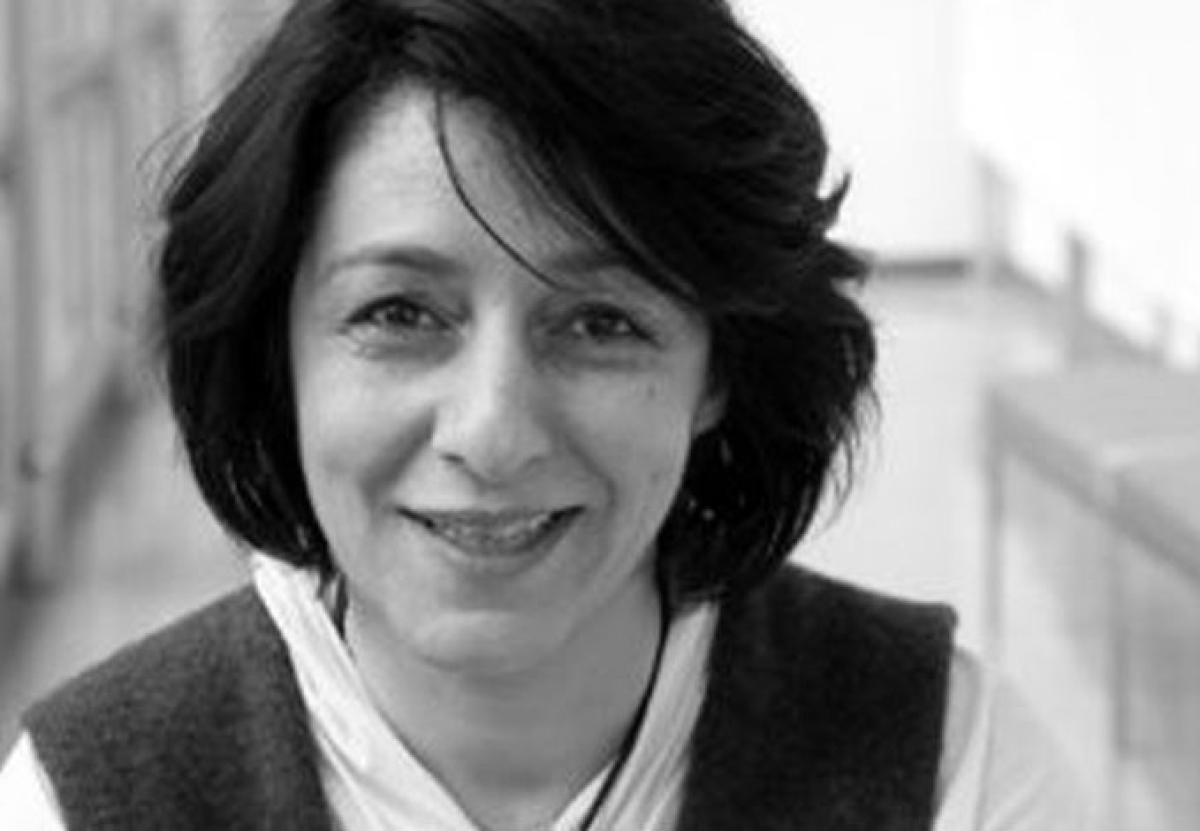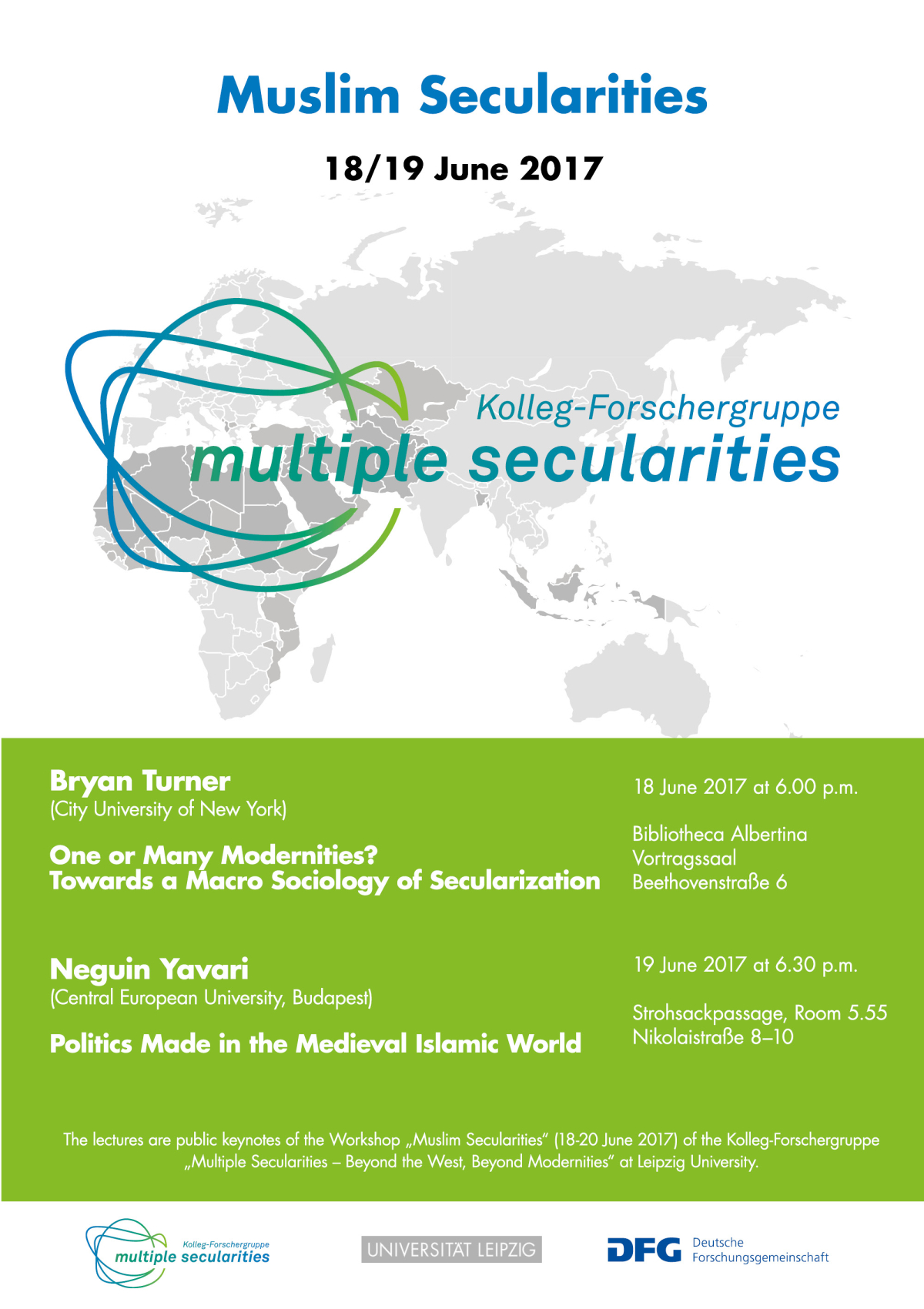
Is there a language of secularity in medieval Islamic political thought—and does it boast of a conceptual taxonomy? Is that language fundamentally different from cognate langues that emerged in the medieval Christian world? This lecture adopts a comparative frame to explore answers to the question of the normative relationship between religion and politics as expounded in medieval Islamic and Christian texts.
Secularities take note of and reflect that from which they are expected to diverge, that is, the language and infrastructure of religion. If so, then to what extent can differences in languages of secularity be considered as independent of the religious languages that they react to? Islam, Brent Nongbri has suggested, can be best understood as a verbal activity rather a conceptual entity, and that in Arabic it meant not the religion of Islam, but “submitting to authority.” By way of response, the lecture will focus on the twinning of religion and state, a staple of political texts in the medieval Islamic world, to suggest that a comparative frame adds much needed nuance to our understanding of sameness and difference in the medieval past. To a large extent, the perceived differences in lineages of political thought are best explained by the contemporary context shared by all histories of political thought.
Neguin Yavari is a Senior Fellow at the Institute for Advanced Study, Central European University Budapest. She studied medieval history at Columbia University. Her book on the rhetoric of advice in medieval political thought, Advice for the Sultan: Prophets, Voices and Secular Politics in Medieval Islam (Oxford University Press/Hurst, 2014), is a comparative study of mirrors for princes from the European and Islamic worlds. Mirrors for princes across political and spatial divides is the subject of her co-edited volume, Global Medieval: Mirrors for Princes Reconsidered (Harvard University Press, 2015). Her latest book, entitled The Future of Iran's Past (Oxford University Press/Hurst, 2017), is a modern biography of Nizam al-Mulk, the prominent eleventh-century vizier.
The public keynote is part of the Workshop "Muslim Secularities: Explorations into Concepts of Distinction and Practices of Differentiation" (18 - 20 June, KFG "Multiple Secularities"). On 18 June Bryan Turner will inaugurate the Workshop with a keynote on "One or Many Modernities? Towards a Macro Sociology of Secularization".



